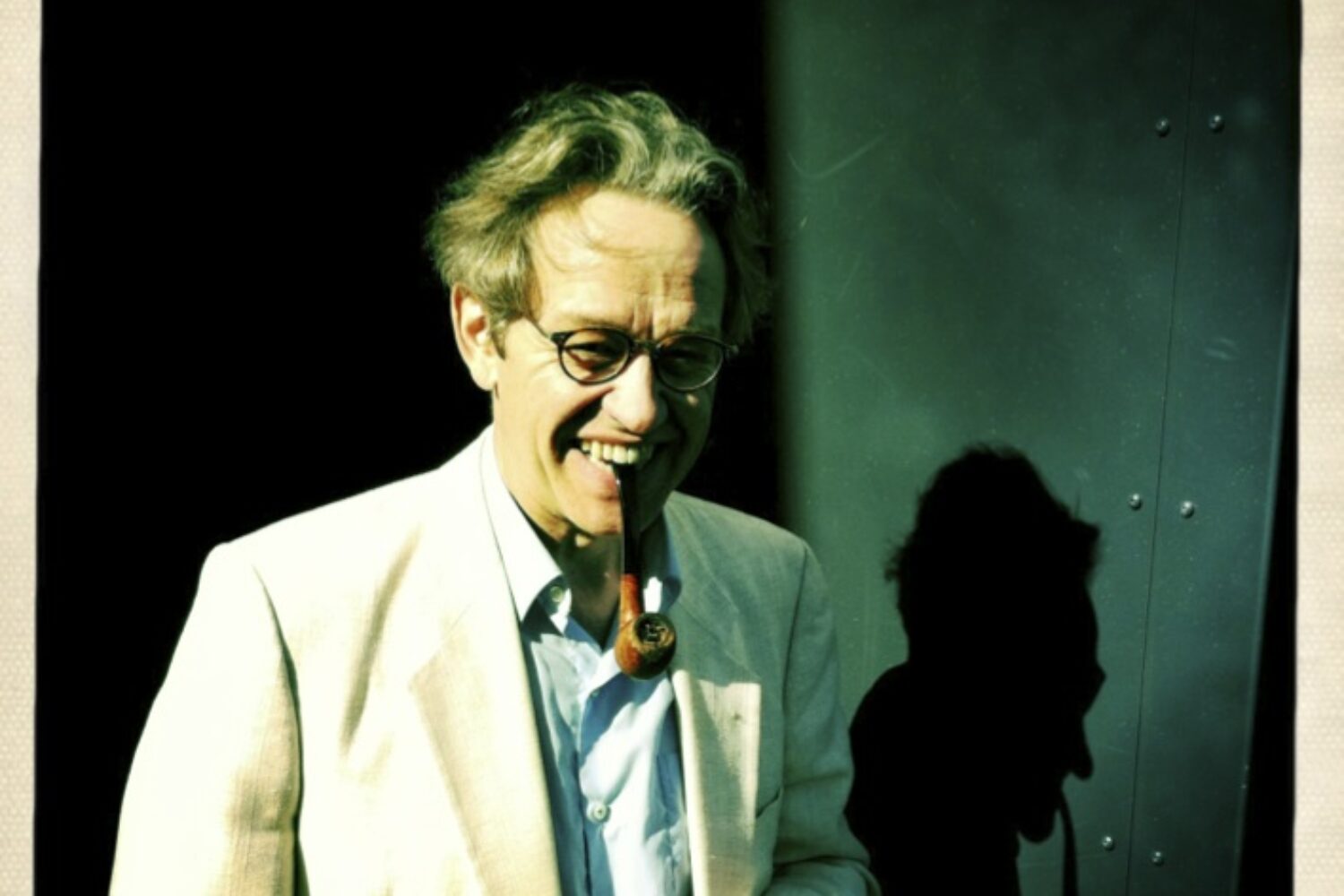Þriðjudagskvöldið 28. ágúst kl 20.30 spilar hljómsveit Tómasar R. Einarssonar ásamt söngvurum í Iðnó. Þar verður flutt tónlist Tómasar tengd Halldóri Laxness; lög úr heimildarmyndinni Svarti listinn og Laxness sem sýnd var í apríl á RUV og nokkur sönglög, þar á meðal S.S. Montclare og Hjarta mitt. Hljómsveitina skipa auk kontrabassaleikarans Tómasar þeir Davíð Þór Jónsson á píanó og básúnu, Ómar Guðjónsson á gítar og túbu og Matthías MD Hemstock á trommur. Söngvarar eru þær Ragnhildur Gísladóttir og Ragnheiður Gröndal.
Í bæklingi geisladisks Tómasar, Laxness, sem kom út s.l. vor, skrifaði Halldór Guðmundsson rithöfundur um Halldór Laxness og djassinn. Þar stendur m.a.:
Við vitum að tónlistin var æðst listgreina að dómi Halldórs og að hann hafði dálæti á Bach, og höldum kannski að hann hafi ekki hlustað á annað en klassíska tónlist. En þá gleymum við því að á millistríðsárunum er Halldór ungur maður sem vill gleypa við allri nútímamenningu og kynna sér nýjustu listastefnur, eins og víða má sjá í skrifum hans. Til dæmis lýsir hann í blaðagrein sem hann sendir heim frá Taormína á Sikiley árið 1925 hvernig öllu ægi saman þar á skemmtistöðum, jafnt kínverskum pótintátum, hálfblönkum listamönnum, máluðum auðmæringafrúm og hómósexúalískum dansmeisturum, og bætir við: „en meðan allt þetta gerist er stiginn foxtrott og tangó, sungið og híað og hlegið, eða talað hljóðskraf og þuklað og strokið, en jazz djöfullinn grenjar á alt saman með viðlíka krafti og uppskipunarvél í Leith…“. Fjórum árum síðar er hann staddur í Los Angeles og skrifar þá hjá sér í minniskompu: „En ef satt skal segja, þá voru negrarnir, saungmenning þeirra og dans, það merkilegasta og athyglisverðasta sem fyrir mig bar í Ameríku.”
“I would take a jazz band over angels’ harps.”
-The Great Weaver from Kashmir
The Tómas R. Einarsson compositions on this record, Laxness, all share a connection to the works of Halldór Laxness. The bulk of the songs come from Tómas’ soundtrack to Halldór Thorgeirsson’s documentary on his namesake, but there are also older pieces, composed to Laxness’ poetry from the 20’s and 30’s. We know that Laxness considered music the highest form of art, and that he took a special delight in Bach, and so we might think that he never listened to anything but classical music. In that case, however, we forget that during the interwar period Laxness is a young man, determined to soak up modern culture in its entirety, as is evident by many of his writings. In a newspaper article sent home from Taormina in Sicily in 1925, for instance, he describes the melting pot he witnesses in the town’s nightclubs, where Chinese potentates, half-destitute artists, wealthy painted Mesdames and homosexual dance teachers go shoulder to shoulder, and he adds: “Meanwhile, the foxtrot and tango are danced, there is singing and joking and laughing, or whispering, touching or stroking, and the jazz devil bellows over it all, loud as a cargo crane in Leith…” Four years later, while compiling material for The Book of the People in Los Angeles, he puts down in his notebook: “Truth be told, nothing in America seemed to me more significant and remarkable than the Negroes, their culture of song and dance.” Five years later, he writes from Copenhagen to Ingibjörg Einarsdóttir, his first wife: “In the evenings, I sometimes go to the movies. Last night, I went again to see Three Little Pigs and hear “Stormy Weather.” Like many jazzmen, Laxness found that song irresistible. And so, it is fitting that Tómas’ music on this record pays homage to the interwar years, for this was at once Laxness’ most impassioned creative period, and his most dissonant. These were the years during which his harp had more strings than ever, all of which he knew how to play, like the maiden Fruit-blood from The Atom Station, who sat down at her piano and “began to play one of those heart-rendingly lovely soulful mazurkas by Chopin. But only the beginning; when least expected she dashed headlong into some demented jazz.”
Halldór Guðmundsson
Halldór Guðmundsson (1956-) is the author of Halldór Laxness – A Biography, for which he received the 2004 Icelandic Literary Prize (Non-Fiction). The book has been translated into Norwegian, Danish, Swedish, German and Englishþ














